
Socio-Economic Rights and Accountability Project (SERAP) has sent an open letter to President Muhammadu Buhari urging him “to put the country’s resources at the service of human rights, and to support the less well-off to enjoy an adequate standing of living through cutting the cost of governance and implementing bold transparency and accountability measures in your government’s response to Nigeria’s second recession in five years.”
In the letter dated 21 November, 2020 and signed by SERAP deputy director Kolawole Oluwadare, the organization said: “This economic crisis provides an opportunity to prioritise access of poor and vulnerable Nigerians to basic socio-economic rights, and to genuinely recommit to the fight against corruption. The country cannot afford getting back to business as usual.”
SERAP said: “Implementing human rights, transparency and accountability measures would save money, address projected adverse human rights impacts of the recession, and fast-track the economic recovery process. It is not too late to take urgent measures that would put the country’s wealth and resources to work for the common good of all Nigerians.”
According to SERAP: “Decades of mismanagement and corruption, and deep-seated deficiencies in public financial management have directly contributed to higher levels of borrowing and public debts, and consequently, the economic recession. Successive governments have squandered the promise afforded by the country’s natural wealth and resources.”
The letter, read in part: “The paltry resources Nigeria invests in essential public goods and services that would benefit ordinary Nigerians can be partly explained by the high spending of public funds to finance a life of luxury for members of the National Assembly, state governors, and other powerful politicians.”
“The country’s resources appear to have been used almost exclusively for the benefit of the political elites rather than on projects that would ensure the right to an adequate standard of living, the maximum welfare, prosperity, freedom and happiness of every citizen on the basis of social justice and equality.”
“SERAP is seriously concerned about the adverse consequences of the economic crisis on the human rights of poor and vulnerable Nigerians, including denying them access to essential public goods and services such as healthcare, education, clean water, and regular electricity supply.”
“We would be grateful if your government begins to implement the recommended action and measures within 14 days of the receipt and/or publication of this letter. If we have not heard from you by then as to the steps being taken in this direction, SERAP shall take all appropriate legal actions to compel your government to implement these recommendations for the sake of human rights, transparency and accountability.”
“Nigeria has been poorly governed for many years, with systemic and widespread corruption at all levels of government, contributing to failures by successive governments to deliver essential public goods and services to Nigerians, contrary to the country’s constitution and human rights and anti-corruption obligations.”
“Huge budgetary allocations to fund security votes, renovate the National Assembly complex, pay jumbo salaries and allowances to members of the National Assembly, and life pensions to former governors and their deputies, as well as massive corruption in ministries, departments and agencies [MDAs] contribute to low provisions for health, education and other essential public goods and services.”
“Prioritising the human rights of poor and vulnerable Nigerians means providing public goods and services free of charge for those who cannot afford them. This is the time to prioritise poor and vulnerable Nigerians, and to ensure that any response to the recession goes well beyond bailing out large companies and banks.”



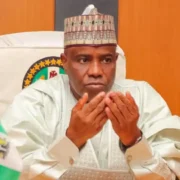
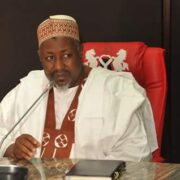

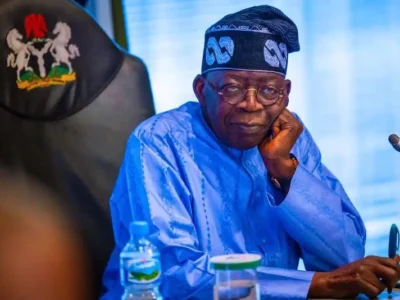

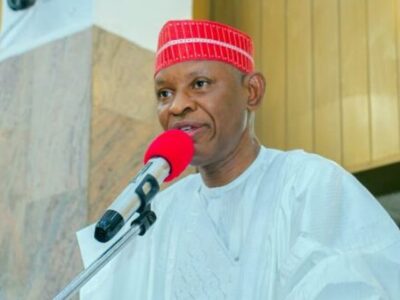
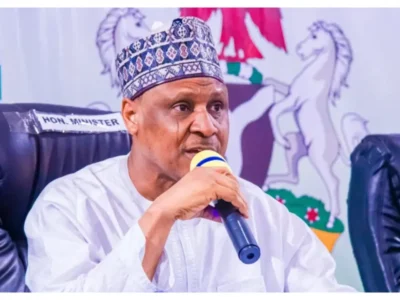










Comments